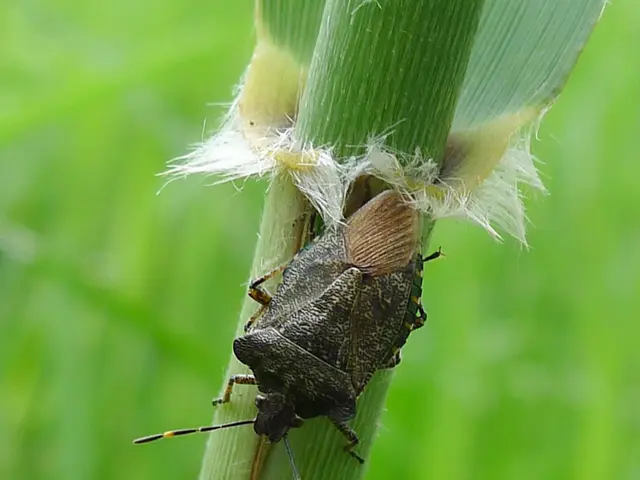Germany's Biodiversity Crumbles: Field Hamster on Brink of Extinction
Germany's biodiversity is under threat. Intensive farming practices have pushed the field hamster to the brink of extinction in Germany and Central Europe. Over-fertilization and pesticide use have driven out species-rich meadows and pastures, contributing to a dramatic decline in species.
The decline is stark. Over 30 percent of wild herbs on fields are critically endangered, with the cornflower becoming very rare due to modern seed processing. The skylark population has plummeted due to winter cereal cultivation. Insects have not been spared; Germany's flying insect population has decreased by 76 percent in the last 30 years. Even birds are affected, with half of Europe's agricultural bird species disappearing since 1980.
The WWF has called for an end to purely area-based direct payments. They demand financial support tied to binding goals for climate protection and biodiversity preservation. This shift could help reverse the trend, as the number of family farms, which often prioritize sustainability, has been decreasing for decades.
The future of Germany's biodiversity hangs in the balance. Urgent action is needed to protect the field hamster and other endangered species. The WWF's call for targeted financial support could be a step towards preserving Germany's rich natural heritage.








